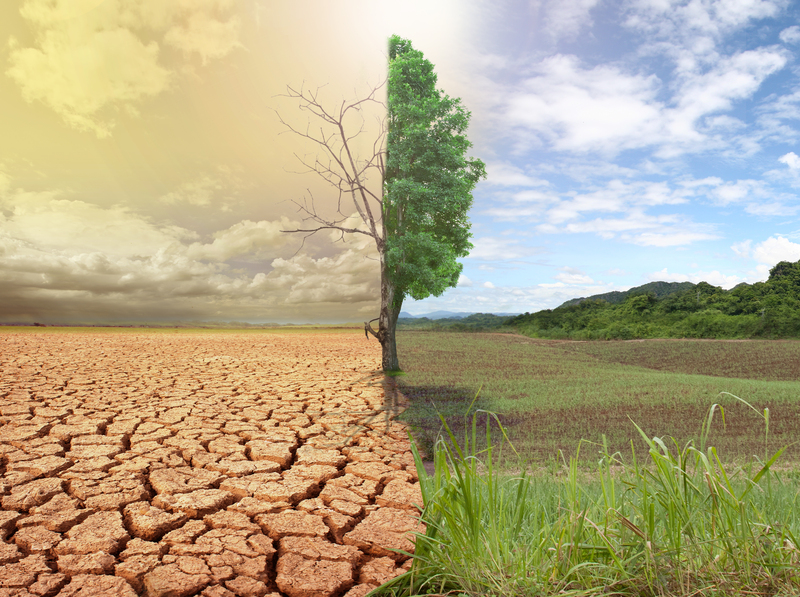
Environmental Dilemmas Caused by Improper Waste Disposal
In today's fast-paced world, the issue of improper waste disposal has emerged as a significant environmental challenge. The malpractices surrounding waste management have not only resulted in ecological imbalances but have also posed severe risks to public health. This article delves into the critical environmental dilemmas caused by poor waste disposal practices and explores solutions to mitigate these problems.
Understanding Waste Disposal Practices
Waste disposal is a fundamental component of waste management, which involves treating waste to minimize its impact on the environment. However, when executed improperly, it leads to numerous adverse effects. Proper waste disposal processes include recycling, composting, and landfill management, whereas improper methods consist of open dumping and incineration without energy recovery.
The Growing Problem of Poor Waste Management
With the global population rising and consumption patterns increasing, waste production has surged, resulting in greater challenges for managing waste effectively. Improper waste disposal exacerbates pollution, contaminates water sources, and contributes to the overall degradation of the environment.
Key Environmental Dilemmas from Improper Waste Disposal
Pollution and Toxicity
One of the most evident consequences of inadequate waste disposal is pollution, which impacts air, water, and soil quality. The leachates from waste heaps seep into the ground, contaminating water tables and jeopardizing marine life.
- Air Pollution: Incineration without adequate energy conversion releases harmful pollutants into the air, contributing to global warming and respiratory diseases.
- Water Pollution: Untreated waste can carry toxic substances such as heavy metals into waterways, affecting aquatic ecosystems and potable water supplies.
- Soil Pollution: Toxic residues from waste contaminate soil, deteriorating its quality and reducing agricultural productivity.
Threat to Biodiversity
Improper waste disposal poses a severe threat to biodiversity. As habitats are polluted or destroyed, plants and animals struggle to survive, leading to a loss of biodiversity. Plastics are particularly disruptive, as they can choke marine creatures and infiltrate food chains.
Health Implications of Inadequate Waste Management
Transmission of Diseases
Uncontrolled landfill sites can become breeding grounds for disease vectors such as rats, mosquitoes, and flies, which transmit diseases to humans and animals.
Chemical Exposure
The mismanagement of hazardous waste exposes humans to toxic chemicals, which can result in serious health issues such as cancer, developmental defects in children, and other chronic diseases.
Sustainable Solutions to Mitigate Waste Disposal Problems
Adoption of Advanced Waste Management Techniques
Innovative waste management strategies must be adopted to alleviate environmental strain. These include:
- Recycling and Upcycling: Promoting the reuse of materials to reduce the need for new resource extraction. Upcycling extends product life cycles and decreases waste.
- Organic Waste Composting: Transforming organic waste into valuable compost helps enrich soil and prevent organic matter accumulation in landfills.
- Energy Recovery: Utilizing waste-to-energy technologies can transform waste into a power source, diminishing reliance on fossil fuels.
Regulation and Policy Implementation
Governments must enforce stringent regulations and ensure compliance to curb improper waste disposal practices. This includes:
- Legislation: Enforcing laws that mandate proper waste management practices can significantly reduce environmental pollution.
- Incentives: Offering incentives for sustainable practices encourages businesses and households to prioritize waste reduction.
Public Awareness and Education
Raising awareness and educating the public about the importance of proper waste disposal can bring about significant behavioral changes.
- Community Programs: Initiatives that encourage community participation in cleanup drives and recycling efforts foster environmental responsibility.
- Educational Campaigns: School and community-based educational campaigns can instill the values of sustainable living and waste management among individuals.
Conclusion: A Call to Action
The environmental dilemmas caused by improper waste disposal are complex and multifaceted, affecting both ecological and human health. It requires a cooperative effort from individuals, businesses, and governments to address these challenges effectively. By adopting sustainable waste management practices, implementing responsive policies, and actively engaging in community education, we can move toward a cleaner, healthier, and more sustainable future.
In conclusion, the onus lies on each one of us to minimize waste generation and ensure responsible disposal to protect our planet for future generations. The time for action is now.
